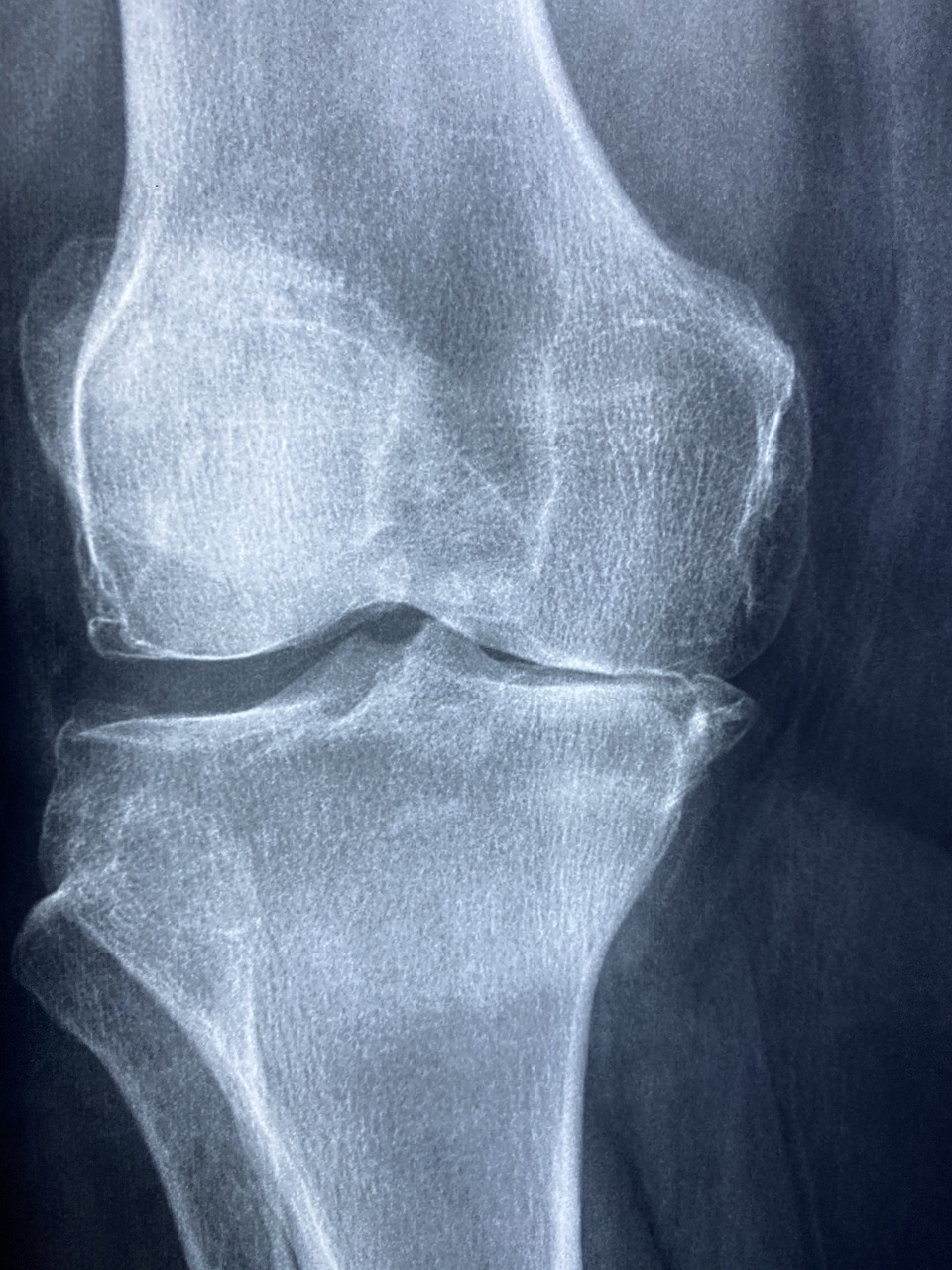The modern world is built upon technology. Smartphones, tablets, satellite navigation and of course computers seem to run the society of the post-millennium. It can seem that this wealth of IT and engineering expertise is squandered on things like video games and social media, but the truth, on the contrary, is that technology is pioneering the medical world.
So how exactly is technology reshaping physiotherapy? Here’s a look at some of the best innovations in physiotherapy and beyond.
Advanced Screening Processes
The vast majority of injuries incurred by athletes are the by-products of a failure to implement an effective injury prevention strategy. Without the aid of specialist programmes, this can arise even with the help of a physiotherapist. After all, people make mistakes.
However, today’s physiotherapy clinics are far more advanced than they used to be, employing technology into the screening process to ensure that no area is neglected. It’s known as The Performance Matrix (TPM), and it’s proven to be so effective that it’s now employed to aid the top athletes in the world, including Premier League footballers, Olympic athletic squads and even elite military units.
TPM helps identify muscle imbalances throughout the body to ensure that neglected muscles can be worked on in future training regimes to strengthen them, reducing their vulnerability to injury. The screening is performed by an expert clinician, who conducts a series of highly standardised tests, both dynamic and non-dynamic. The data taken from the tests is then fed into a specialist software program that is able to produce incredibly accurate and comprehensive reports identifying potential “weak links” in core stability and neuromuscular control.
With TPM, physiotherapists can produce far more effective training regimes, and can measure progress week on week with an intelligent points system.
Making Physiotherapy Fun
A number of start-ups across the world have recently been developing innovative programmes to not only counter a lack of patient engagement with physiotherapy, but also improve the accuracy of treatments outside of the clinic.
YouRehab, for example, is a project that uses wearable devices connecting to a computer, allowing users to interact with a software interface. YouGrabber and YouKicker are the two versions currently being used, focussing on improving hand-eye co-ordination in patients who have sustained injury to the brain.
Following the success of the Nintendo Wii Fit, there are a number of projects using commercial gaming devices for physiotherapy programs. VirtualWare are just one of the many companies that have developed rehabilitation programmes using Microsoft’s Kinect device, utilising its movement sensors to create games for people in physical rehabilitation.
Looking Ahead
The tech revolution doesn’t just stop with sports physiotherapy; it’s also proving to help patients in hospitals too.
A recent report from the College of Medicine entitled “Recipes for Sustainable Healthcare” detailed the necessity of utilising new computer services thanks to the benefits they provide. These include the potential for e-consultations via platforms like Skype and cloud information sharing to improve patient satisfaction rates and monitoring.
The digital age is quickly proving itself to be one in which health and fitness are prioritised like never before. With treatments becoming more and more accurate year on year, the healing process is faster, and athletes can get back onto their feet in no time. And that makes us happy.



